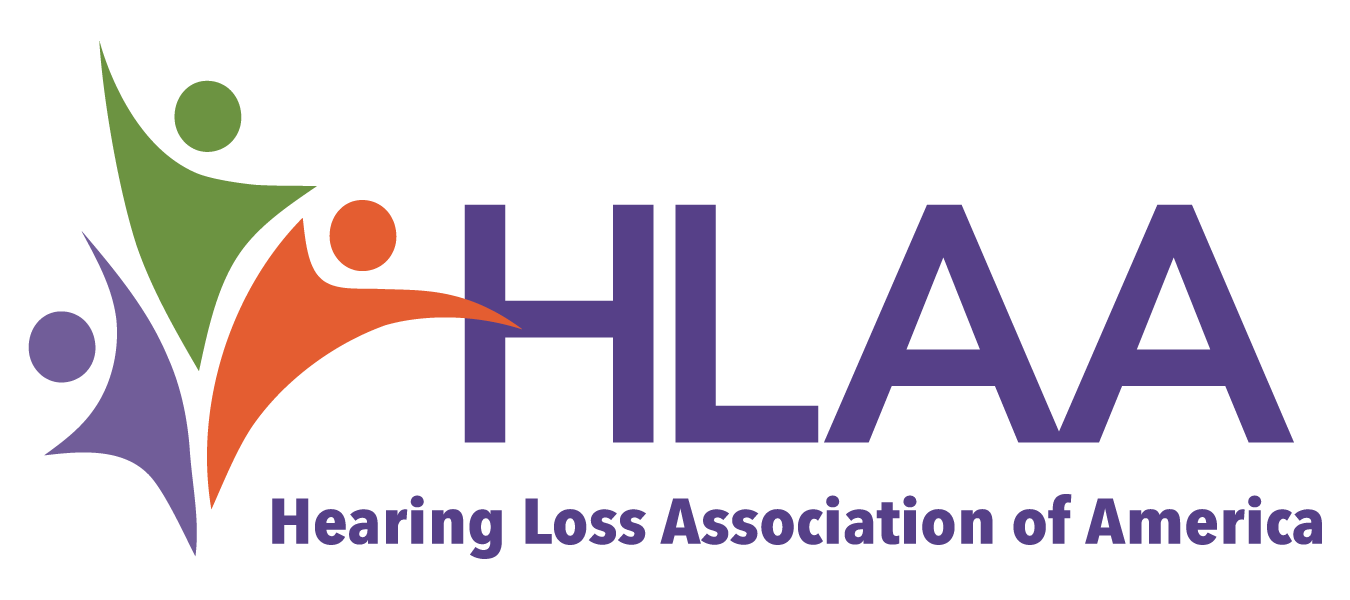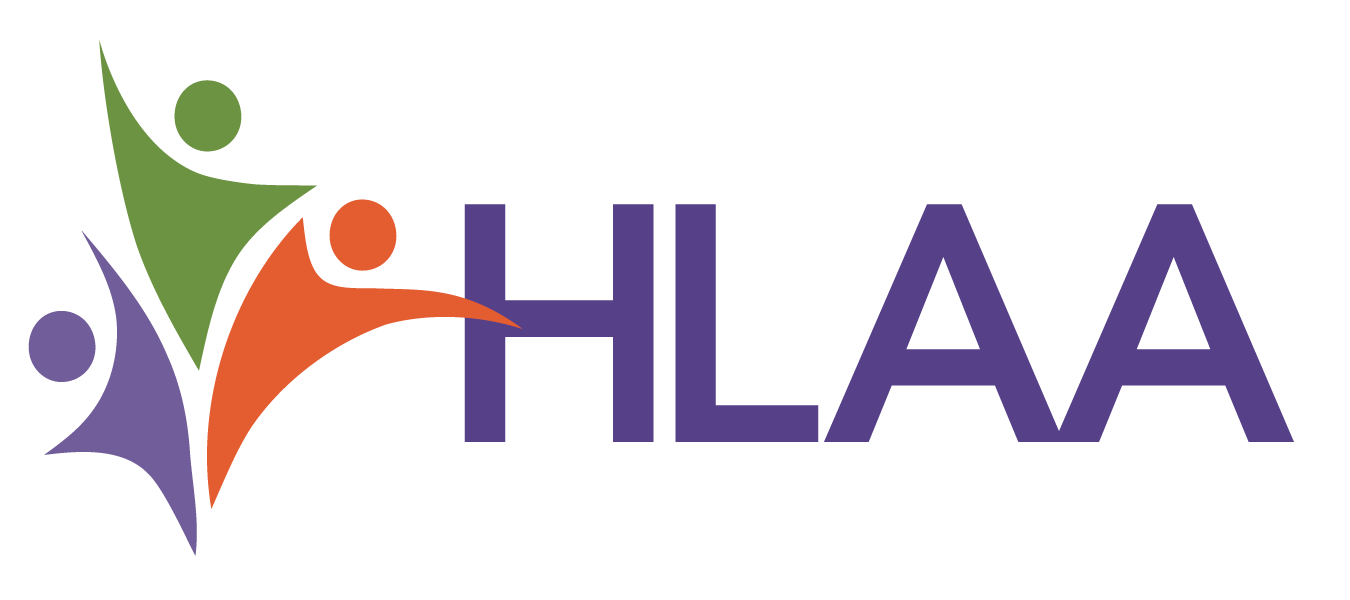SHHH Executive Director Terry Portis sets organizational priorities for the year based on our strengths. He pledges support and resources for state organizations and local chapters. Attention will be given to expanding the SHHH interactive website – changed to www.hearingloss.org – unveiled in February as a tool to help members feel connected to SHHH and as a cost effective informational resource. The site receives 200,000 hits per week and will have 500 pages of information. Portis also wants to increase partnership with other organizations. He affirms the mission to make a difference in the lives of people affected by hearing loss. Issues this year are communication access in the community, health coverage for hearing aids and cochlear implants, and employment issues.
The 18th National Convention attended by 1,000 members (100 first-timers) is in Atlanta, Georgia. Heather Whitestone McCallum, Miss America 1995 and recent cochlear implant recipient, opens the Convention with an address “Overcoming Challenges to Attain Your Dreams.” SHHH Founder Rocky Stone presents Paul Hopler of Annandale, Virginia with the Rocky Stone Humanitarian Award. Numerous awards are presented to individuals, states, and chapters at an awards ceremony. The Annual Research Symposium sponsored by the National Institute on Deafness and Other Communication Disorders focuses on cochlear implant research.
SHHH initiates an Annual Fund Drive to raise $235,000 through appeals, challenges, and other activities. Sue Miller of Rochester, New York chairs the drive. (This goal is realized by year’s end.)
With Cochlear Americas as sponsor, SHHH prints and distributes to 150,000 professionals and consumers a booklet: Cochlear Implants and Seniors: When Hearing Aids Aren’t Enough. SHHH also meets with Medicare to urge Medicare conform to the FDA in eligibility criteria for cochlear implants in adults.
SHHH begins to target those states with poor Medicaid reimbursement rates for cochlear implants in children.
SHHH establishes the National Information and Training Center for Hearing Assistive Technology. Support for the Center comes from manufacturers of hearing products.
The Cochlear Implant Association Inc. (CIAI) ends operation and negotiations are begun to integrate CIAI into SHHH.
Hearing Loss is redesigned and makes its debut with the Sept/Oct issue. The membership brochure is also redesigned.
SHHH E-News – a twice monthly newsletter for leaders and members grows to 1,200 subscribers.
The first state leadership training, made possible by a grant from Sprint, is held in Pennsylvania. The SHHH goal is to have leadership trainings in every state.
SHHH is a pilot on a bill introduced by Representative Jim Ryun, the Hearing Aid Assistance Tax Credit Act, which provides a tax credit of up to $500 per device toward the cost of hearing aids.
A few of the issues/organizations SHHH works with are: the Coalition for Movie Captioning, the Deaf and Hard of Hearing Accessibility Working Group (assistance on access under Section 508 of the Rehabilitation Act), the Federal Communications Commission (as regards rules/regulations relevant to people with hearing loss) the Deaf and Hard of Hearing Alliance (formerly COR) urging congress to fund infant hearing screening programs. New is ITEM – Independence Through Enhancement of Medicare/Medicaid – a coalition of 65 consumer organizations that forms to ensure that hearing related needs be part of policy changes and increased coverage for people with disabilities and chronic conditions.
The letters sent by SHHH members helps the action that defeats the withdrawal of the American Standards Institute classroom acoustics standards.
SHHH has a lead role in an FCC order to modify the Hearing Aid Compatibility Act of 1988 mandating that digital wireless telephones be compatible with hearing aids.
SHHH joins the Congressional Hearing Health Caucus Advisory Committee.
CapTel – a phone that provides simultaneous voice hearing and text reading – are tested by SHHH members and prove to be very popular.
As part of a Forum on Interactive Voice Response Systems, SHHH brings over 200 member responses on voice mail barriers to the Forum.
SHHH completes the largest outreach project in its history, distributing 150,000 booklets on Cochlear Implants and Seniors to a broad range of professionals and consumers.
SHHH advocates for and helps achieve an historic FCC ruling whereby wireless telephones are required to be hearing aid compatible.
First SHHH state leadership training held in Pennsylvania, sponsored by Sprint.

